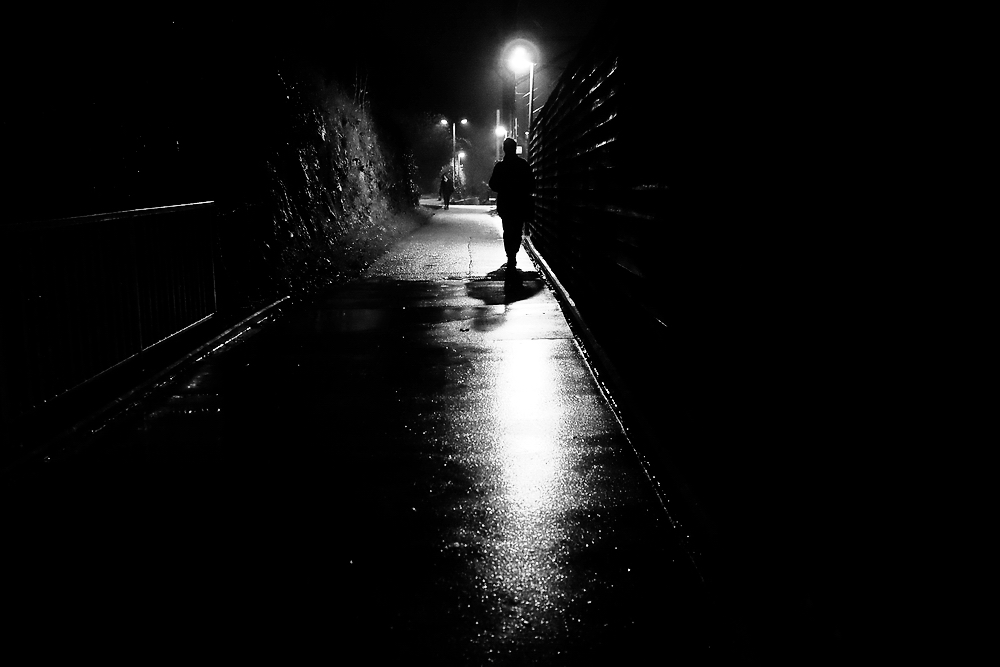In 2023, the International Day for the Elimination of Violence against Women falls on 25th November and will mark the launch of 16 days of activism, culminating on 10th December, Human Rights Day. The 2023 campaign will be focused on Investing to Prevent Violence against Women and Girls with the slogan #NoExcuse and encourage citizens to call on governments worldwide to share how they are investing in gender-based violence prevention.
Violence against women and girls is one of the most prevalent human rights violations in the world, as almost 1/3 have experienced physical, sexual, or psychological forms of violence. It occurs in various domains such as in the workplace, online spaces, in public or in private and becomes intensified in the winter season due to the capacity for more insidious violence to occur in the longer, darker nights. More time spent indoors in the home in the winter months also links to a higher rate of domestic abuse which has been exacerbated by post-pandemic effects and more people working from home than prior to the covid-19 pandemic. Now, almost 1 in 2 women report that themselves or someone they know has experienced a form of violence since the pandemic.
What needs to be done to combat this violence? Action at both the individual and larger institutional, structural, and cultural levels is needed.
Institutionally, there needs to be greater government aid and investment in the prevention of violence against women and girls. Less than 0.2% of government aid is focused on tackling violence against women and girls globally. Adjustments need to be made to the legal system to ensure the more effective prosecution of perpetrators and that legislation better protects women and girls. Government aid should be directed towards improved quality of services for survivors and investment into organisations and charities for women.
There needs to be a shift in cultural discourse away from the idea that women must alter their own to prevent becoming victims of violence and towards the greater need to educate men about their role in this. It is difficult for women to ‘pre-emptively’ protect themselves since the root cause of gender-based violence against women is not women initiating or provoking this but is male violence. There are few ways women can actively stop a man from attacking them, and this notion that women need to change their behaviour and how they dress etc infantilises men and portrays them as victims to uncontrollable urges. Educational institutions, family units and individuals can all do their part to spread more awareness about identifying and challenging street harassment.
These large systematic and cultural changes have not occurred yet. So, in an immediate context, what can individuals do to keep themselves as safe as possible?
- Carrying a personal attack alarm or a whistle can deter an attacker by emitting an ear-piercing sound, and some can include flashing lights or spray.
- Set up the iPhone emergency SOS system. By pressing the power button on an iPhone 5 times in a row, this triggers a phone call to emergency services, texts emergency contacts and initiates a loud siren noise.
- Find safe routes to walk on such as main roads and well-lit paths with lots of people around. WalkSafe, the fastest growing safety app in the UK, includes a live map where family and friends can track your journey and communicate. By looking at recent crime data, this map includes a map that allows people to plan the safest routes home. Google Maps is not always reliable for personal safety purposes and can suggest routes dark and dubious alleys.
Reporting experiences of violence against women and girls is one of the most important things that can be done to combat this as it often goes unreported due to the shame, stigma, and impunity that can surround it. Less than 40% of women who experience violence seek help, and 5 out of 6 women who are victims of sexual assault do not report it due to a lack of guarantee that organisations will take it seriously. As individuals we need to deeply listen and foster a culture of understanding and belief when women share their stories to empower a social culture where this is the norm.
Emma Gibson
“Darkness” by Transformer18 is licensed under CC BY 2.0.

